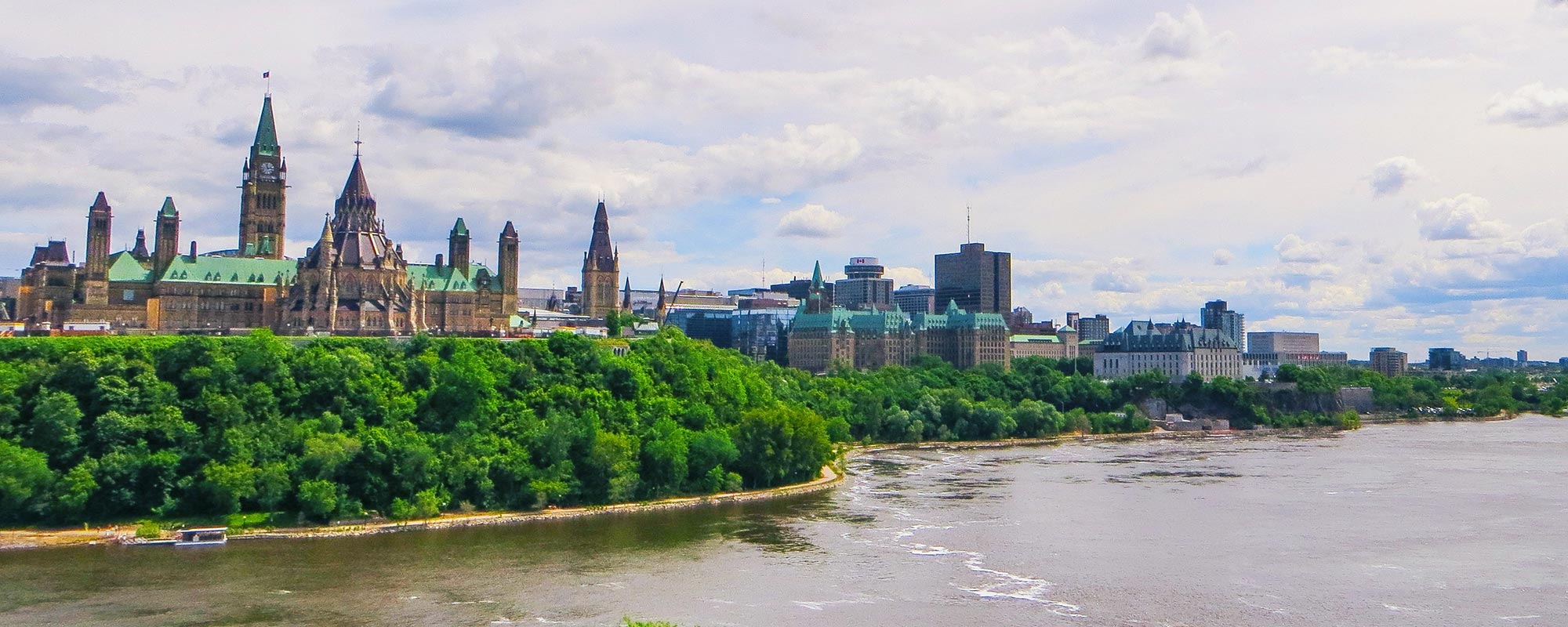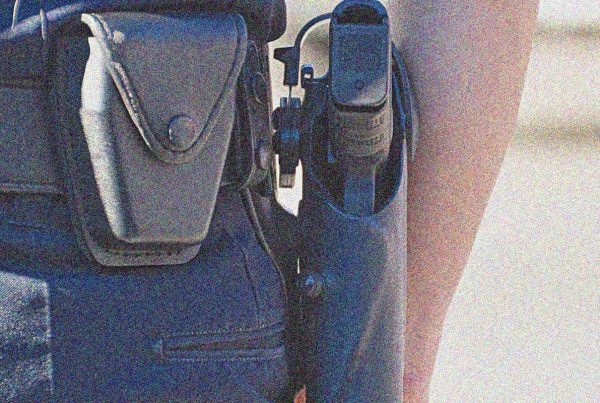On October 14, 2022, the Supreme Court of Canada released its decision in R v Tessier, a case that examined the ‘confessions rule’. It’s a disappointing ruling that gestures towards the importance of protections for individuals interacting with police, but ultimately falls short of meaningful safeguards.
The confessions rule is an essential safeguard in a criminal trial. It requires that the Crown prove, beyond a reasonable doubt, that an accused’s statements to the police were voluntary. It is a safeguard against forced confessions, and reinforces individuals’ fundamental constitutional right to silence.
CCLA had argued that, in order for a statement to be truly voluntary, an individual must be in a position to make a meaningful choice about whether or not they want to speak to the police. And an uninformed or misinformed choice is not meaningful. People being questioned by the police need to know that they can choose whether or not to speak in that moment. They also need to know what the consequences of choosing to speak might be. In short – they need the standard police caution about the right to silence, and that anything they say might be used as evidence against them. In our view, the absence of a police caution during police-initiated interactions should mean that a statement is presumptively involuntary. The Crown should then bear the burden of showing that the accused person nonetheless understood he or she did not have to answer police questions and that his or her statements might be used by the prosecution to his or her detriment.
The majority of the Supreme Court did rule that, when the police are questioning suspects who are not detained, the absence of a police caution does constitute “prima facie evidence that the suspect has been unfairly denied their choice to speak to the police”. But it also ruled that “if the Crown can prove that the suspect maintained their ability to exercise a free choice because there were no signs of threats or inducements, oppression, lack of an operating mind or police trickery, that will be sufficient to discharge the Crown’s burden that the statement was voluntary and remove the stain brought by the failure to give a caution.” It is a low bar, that leaves ample room for police to question suspects without giving them even the most basic information about their rights during the interaction.
Read CCLA’s submissions in the case here.
Read the SCC’s decision here.
About the Canadian Civil Liberties Association
The CCLA is an independent, non-profit organization with supporters from across the country. Founded in 1964, the CCLA is a national human rights organization committed to defending the rights, dignity, safety, and freedoms of all people in Canada.
For the Media
For further comments, please contact us at media@ccla.org.





